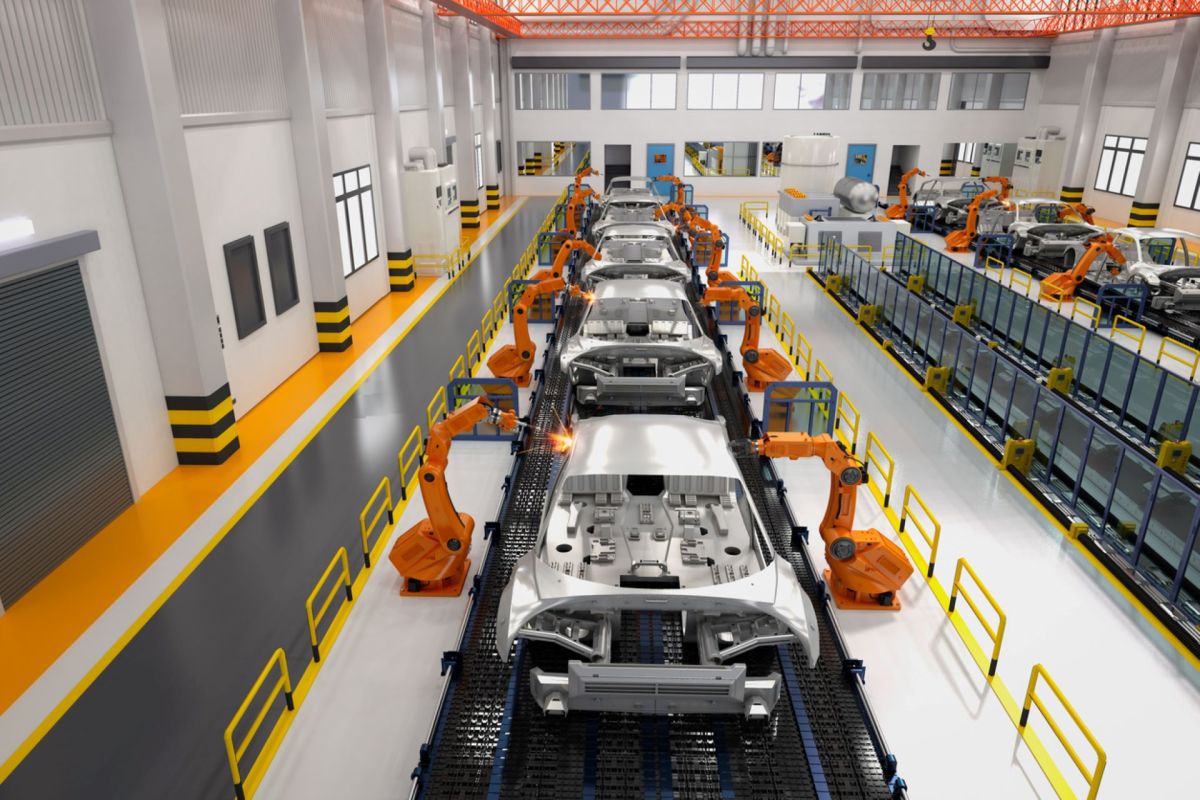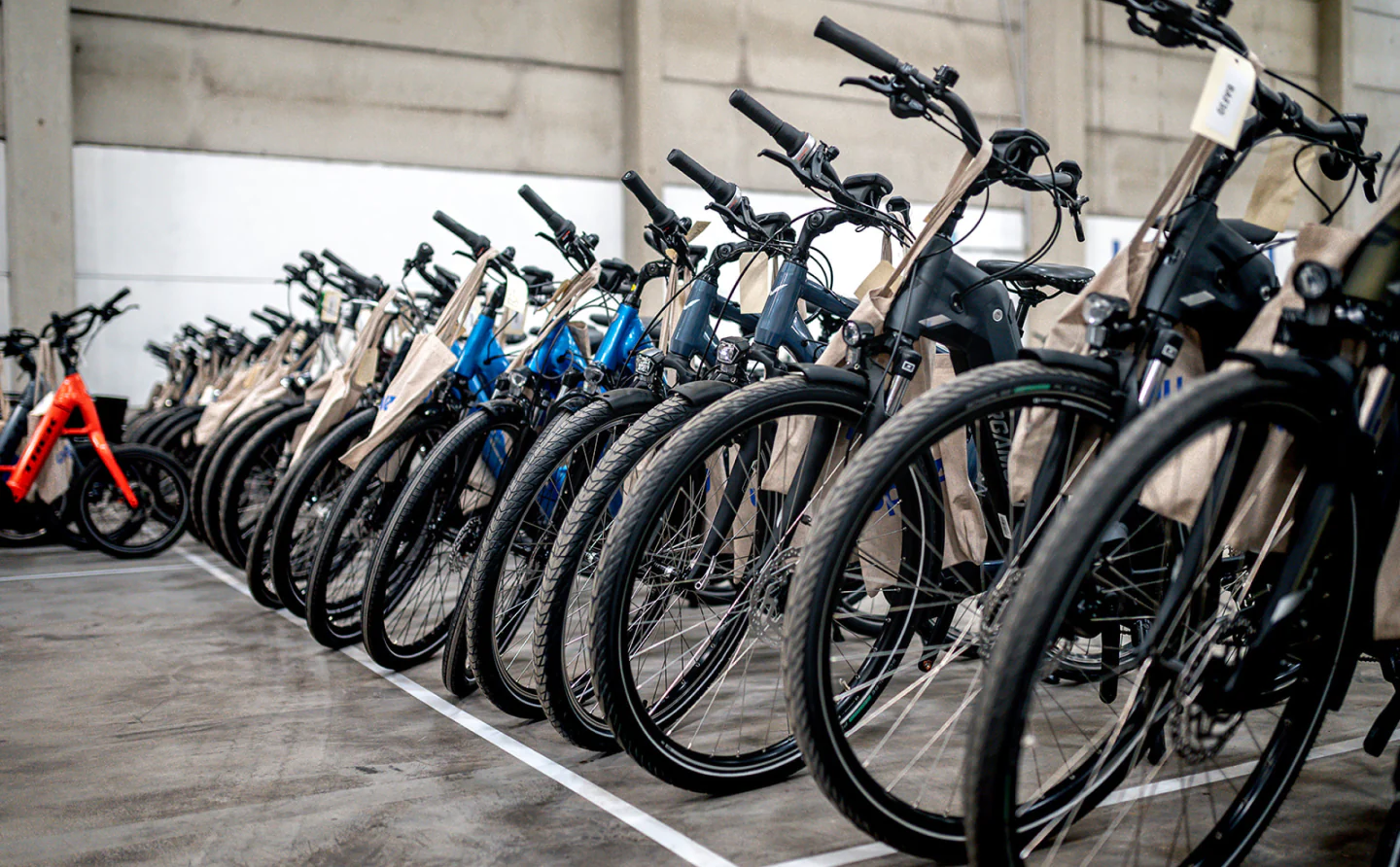Aluminum, the most abundant metal in the Earth's crust, has entered the conversation about battery packs. And now, experts working on better electric vehicle power sources hope they can soon send lithium and other costly metals packing.
In one of the latest developments from scientists at the universities of Ulm and Freiburg, the common, less expensive, and recyclable material is showing promise as part of the elements needed to make battery charge/discharge cycles work.
SciTechDaily reported that the breakthrough involves the development of a positive electrode that works well with aluminum. Battery cells have two electrodes: a positive and a negative side. Particles (the type depends on what materials are used in the battery) pass back and forth between the electrodes through a material called an electrolyte as the battery cells power up and down, according to a U.S. Department of Energy description.
The positive electrode these experts made is created from a high-tech-sounding material called organic redox polymer. The researchers report that the polymer outperforms graphite in their aluminum battery testing. Graphite is a common electrode material in lithium-ion batteries. The battery using a polymer electrode retained 88% capacity after 5,000 charge cycles, according to a Freiburg report. The experts called this milestone a "significant" marker in the ongoing research.
"The electrode material represents a major advance in the development of rechargeable aluminum batteries and thus of advanced and affordable energy storage solutions," Ulm professor Birgit Esser said in a research report.
If aluminum can become a mainstream material in batteries, it could clear up a lot of the environmental concerns regarding the use of lithium. Euronews Green documented mining's impact in a lithium-rich region of South America. An aerial view of the expansive operation shows what looks like a colorful artist's palate, caused by different amounts of lithium in a field of ponds needed during processing.
It's an extensive process that can cause "soil degradation, water shortages, biodiversity loss, damage to ecosystem functions," and even contribute to planet overheating. About 2.2 million liters (581,000 gallons) of water is required to gather a ton of lithium, Euronews Green reported.
"We call on materials scientists, engineers, and funding agencies to prioritize the research and development of electrodes based on abundant elements," Georgia Tech professor Gleb Yushin said in the Euronews Green story. "Otherwise, the rollout of electric cars will stall within a decade."
Aluminum's abundance and easier recyclability could make it a solution with less of an impact on the environment, although mining is still required, according to the Australian government. The country is one of the world's largest aluminum producers.
The Ulm and Freiburg experts believe the metal has great potential.
TCD Picks » Upway Spotlight

"The study of aluminum batteries is an exciting field of research with great potential for future energy storage systems," Gauthier Studer, who is heading the aluminum research from Ulm and Freiburg, said in a university report.
Join our free newsletter for weekly updates on the coolest innovations improving our lives and saving our planet.














